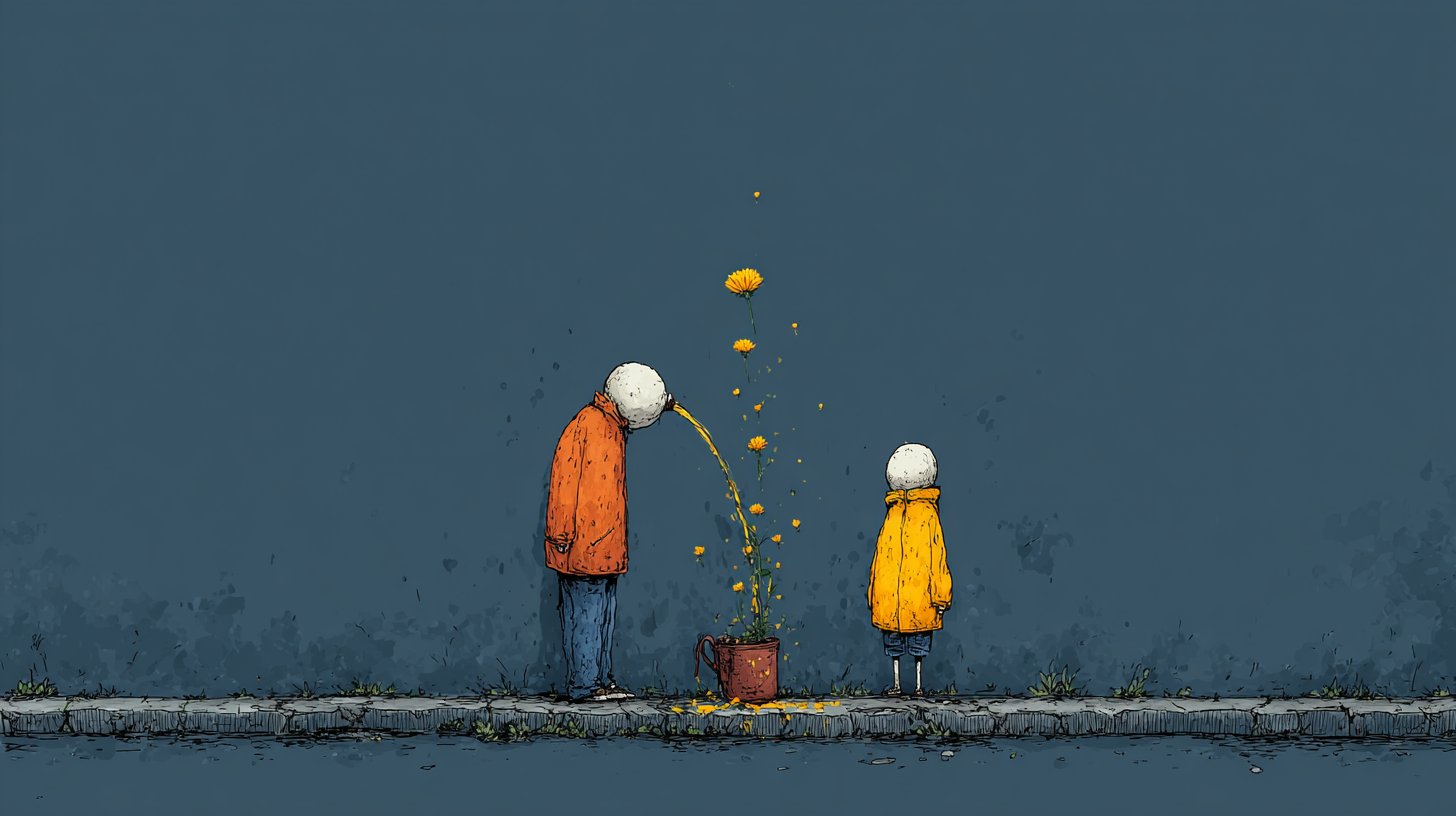Recognizing Harmless Friendships or Toxic Bonds

Friendship, loyalty, and trust are fundamental to any relationship. However, we often underestimate how important it is to distinguish between true friends and those who want to harm us. In this article, we will look at seven behaviors that make a bad friend.
True friendship should give us a sense of security and support. But sometimes we encounter people whose behavior harms us more than it helps. If you've ever reflected on yourself or your friendships, this article may help you see more clearly. Be aware of how valuable it is to have people around you who truly appreciate and respect you.
They take more than they give
A bad friend is often recognized by the fact that they are always taking and giving little. If you are always there for someone while they are not willing to do the same for you in any way, you put yourself in the position of the giver. This could lead to an imbalance that burdens the friendship. Good friendships are symbiotic; they must be based on mutual giving. Pay attention to whether your friend asks for advice or if they only use you for their problems without considering your needs.

They speak poorly of you behind your back
Another alarming trait of a bad friend is the saying 'forging branches behind the wall.' If you find out that your friend is talking about you or criticizing you behind your back, that is a clear warning sign. This kind of behavior is a significant breach of trust. Good friends support one another and stand up for each other – even when they need to criticize, they do so in a respectful and honest manner. The key is open communication, and if that is not present, you should seriously question the friendship.

They often leave you in the lurch
If you frequently feel abandoned, you should question your friend's behavior. A good friend shows up in difficult times, while a bad friend may be present as long as everything is going well. This kind of support is not what true friendship is about, where someone should reach out to you just when you need their help the most. It can be painful to realize this, but sometimes it is necessary to leave behind relationships that harm you.

Friendships should uplift you, not bring you down. In a challenging living environment, it is important to free yourself from negative influences. If these bad friendships, which show no sympathy or true compassion, are present in your life, consider how you want to deal with them. Often, one initially feels uncertain when recognizing these behaviors. But always remember: You deserve to be surrounded by people who see you for who you truly are and who support and inspire you.
In summary, friendship is about more than just sharing good times. For a friendship to thrive, it is important that both sides contribute. If you feel that your friendships are not balanced or if you become a target of negative behavior, it is time to either give those people in your life a wake-up call or let them go. Remember that true friendship is based on respect, loyalty, and support.
Ultimately, the key to a fulfilling friendship is not just enjoying time together, but also supporting each other in good and bad times. Do not let a bad friend take away your valuable space for true connection. Pay attention to the signals and afford yourself the freedom to end toxic relationships to make room for healthy and fulfilling friendships. You deserve to be treated well, and true friendships will help you enjoy life to the fullest.


